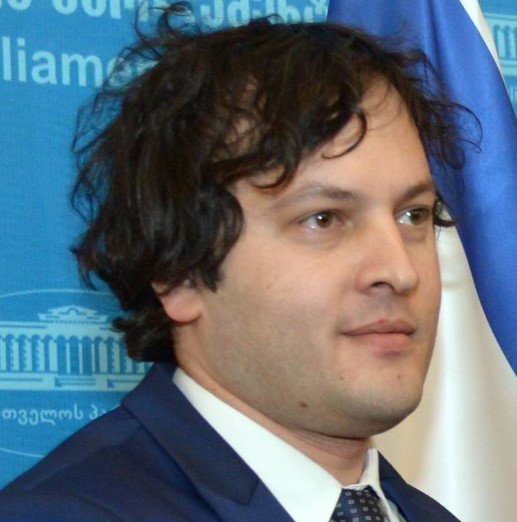Prime Minister Irakli Kobakhidze addressed concerns about Georgia’s economic situation and dismissed claims of a political crisis during a briefing at the Government Administration. While acknowledging the short-term economic challenges facing the country, Kobakhidze reassured the public that recovery efforts are underway and expressed optimism about the pace of improvement.
“We have experienced a short-term economic shock, but we will overcome it shortly, and everything will be refreshed at a doubled rate,” the Prime Minister asserted, aiming to bolster confidence in the government’s strategy.
Economic Shock vs. Political Stability
Kobakhidze made a clear distinction between the economic turbulence and political stability in Georgia. He attributed the economic challenges to temporary external factors, emphasizing that these do not signify a broader crisis.

“The country has a stable majority and stable government. Thus, there is no political crisis,” he stated, highlighting parliamentary cohesion as a cornerstone of the government’s ability to address pressing issues.
Despite his assurances, critics have raised questions about the government’s preparedness to tackle ongoing economic pressures, including rising inflation and unemployment.
Optimistic Projections
The Prime Minister’s remarks centered on optimism about recovery, hinting at accelerated growth following the economic shock. However, details about specific recovery plans or policies were notably sparse during the briefing.
Georgia’s economy has been tested by global disruptions and regional tensions, which have impacted sectors like trade, tourism, and energy. Kobakhidze’s confidence in swift recovery appears aimed at reassuring both domestic and international audiences, particularly investors.
Public and Political Reactions
The Prime Minister’s comments have drawn mixed reactions. Supporters view his statements as evidence of stable governance during challenging times, while critics argue that the lack of transparency on recovery strategies undermines public trust.
Key public concerns include:
- The impact of inflation on household incomes.
- Sluggish job growth in key industries.
- Uncertainty about the government’s capacity to implement meaningful reforms.
In the political sphere, opposition parties have questioned the government’s definition of stability, pointing to recent protests and public dissatisfaction as signs of deeper systemic issues.
The Road Ahead
Kobakhidze’s reassurances may provide temporary calm, but Georgia’s economic challenges require tangible action to sustain confidence. Transparent policies, targeted support for affected sectors, and efforts to address public grievances will be critical in bridging the gap between political rhetoric and economic realities.
For now, the Prime Minister remains firm in his assertion: Georgia is not in crisis, but the coming months will be a critical test of the government’s ability to deliver on its promises.
